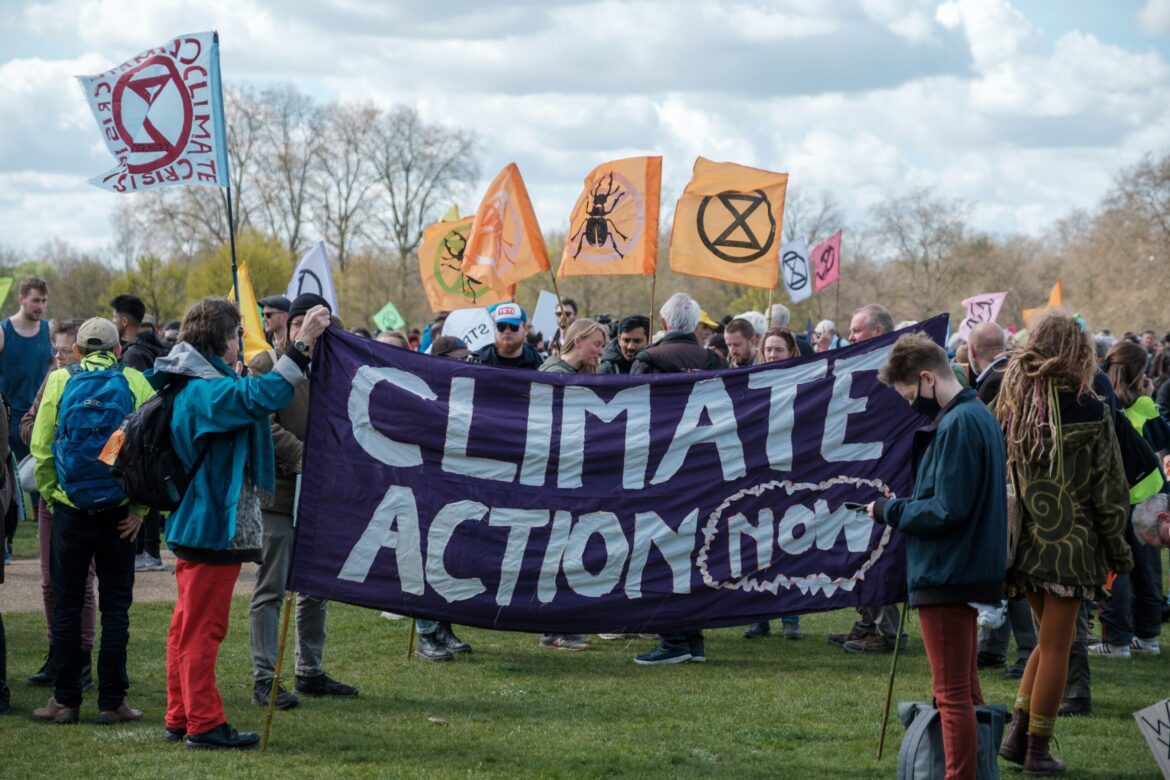The 28th United Nations Climate Change Conference (COP28), held in Dubai in November 2023, became a pivotal moment for international climate diplomacy and investment strategy. Against the backdrop of intensifying climate impacts and geopolitical tensions, world leaders, business executives, and environmental advocates converged with renewed urgency. The event catalyzed a series of high-profile pledges and initiatives aimed at accelerating the global transition toward sustainable energy systems.
As the host nation, the United Arab Emirates took center stage with a landmark announcement: a $100 billion investment plan focused on renewable energy and carbon capture projects, spearheaded by its Masdar initiative. This bold move sought to position the UAE not only as a major oil exporter but also as a leader in the clean energy transition. The investment encompasses solar and wind energy developments, alongside cutting-edge carbon sequestration technologies.
In parallel, global financial institutions and development banks committed substantial resources to support climate resilience and green infrastructure in developing countries. These pledges were aimed at addressing the chronic underfunding of climate finance in the Global South, a long-standing point of contention in climate negotiations. The infusion of capital is expected to drive progress in areas such as sustainable agriculture, renewable energy access, and disaster preparedness.
The United States and the European Union also played prominent roles by introducing enhanced methane emission reduction targets, signaling a shared commitment to tackling one of the most potent greenhouse gases. These efforts were complemented by collaborative frameworks involving both public and private sector actors, aiming to improve monitoring technologies and enforce regulatory compliance.
Despite the forward momentum, the summit was not without controversy. Several participating nations faced criticism for continuing to expand fossil fuel subsidies, a practice seen as fundamentally at odds with the goals of the Paris Agreement. Environmental groups and some delegations expressed concern that these subsidies undermine the credibility of climate pledges and delay the necessary economic restructuring.
Financial markets responded with a mix of optimism and caution. Clean technology stocks experienced notable gains, buoyed by anticipated policy support and investment flows. Conversely, traditional energy equities saw increased volatility, as investors assessed the implications of shifting regulatory landscapes. Oil prices remained relatively stable, hovering below $85 per barrel, as OPEC+ delayed major production decisions in light of evolving market conditions.
COP28 ultimately underscored a critical juncture in global climate policy—a moment where ambition is high, but implementation remains complex. The juxtaposition of immediate energy needs and long-term environmental imperatives continues to challenge governments and investors alike. Nonetheless, the conference marked a significant step forward, reinforcing the urgency and scale of the transition needed to secure a sustainable future.

